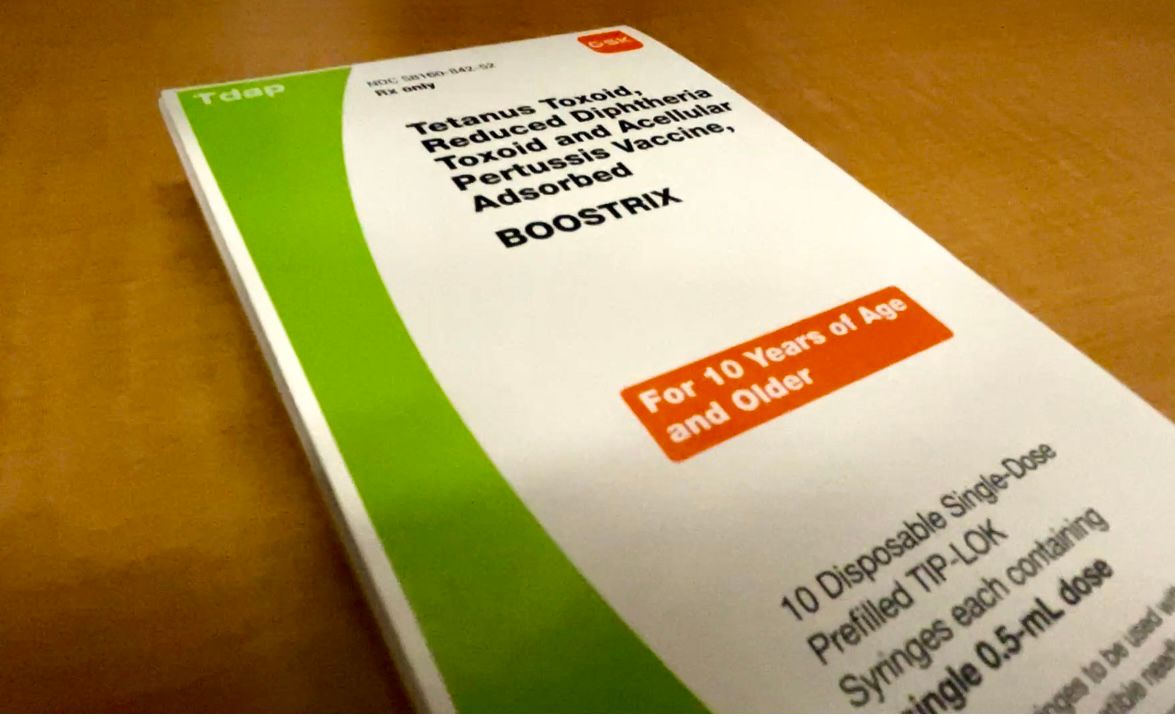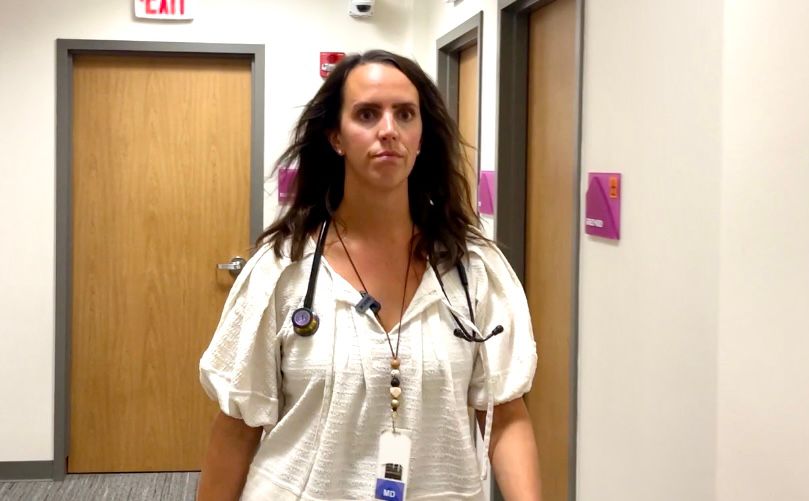WISCONSIN — As of Sept. 30, the Wisconsin Department of Health Services (DHS) had received 758 reports of confirmed cases of pertussis, more commonly known as whooping cough.
Last year, DHS received 51 reports of confirmed cases of pertussis.
Since the beginning of 2024, 53 of Wisconsin’s 72 counties have reported at least one case of pertussis. Wisconsinites between 11- to 18-years-old made up 41% of the confirmed cases in the state, but DHS officials stressed people can contract pertussis at any age. Meanwhile, 39 infants have been confirmed to have contracted pertussis; seven of them were hospitalized.
No deaths due to pertussis have been reported this year so far.
Dr. Jessica Lenaghan, a family medicine physician with Ascension Wisconsin, said it’s important now, more than ever, to make sure you are up to date on pertussis vaccinations.

The following vaccines are recommended by the Centers for Disease Control and Prevention:
- From 2-months-old to 6-years-old, children should receive five doses of the DTap vaccine
- Children should receive one dose of the Tdap vaccine between 11- to 12-years-old
- Adults who have never had a pertussis vaccine, should receive one dose of the Tdap vaccine
- Pregnant people should receive a Tdap vaccine sometime between 27- to 36-weeks of pregnancy. This should be done during each pregnancy, even if the person has been pregnant before and will protect a newborn from pertussis until they are old enough for a DTap vaccine
Lenaghan said whooping cough spreads fast and can sometimes be tough to diagnose because it starts as a typical respiratory illness.
“It is contagious for those who are in close contact — so within three feet if there’s touching, exchange of respiratory droplets, sneezing, coughing, those sorts of things,” Lenaghan said.
She said the vaccination is typically given every 10 years, but if you are in close contact with someone who has high-risk health issues, she recommends more frequent updates.

Jonisia Nash is a medical associate at Ascension Wisconsin. She said she is healthy but wants to protect her at-risk relatives, particularly a beloved family member going through cancer treatments.
“She’s very important and she is very close to me so I just want to make sure, for example, that I’m not passing along something to her because she can’t fight it as well as I can,” Nash said.

Lenaghan said since the pandemic, statistically, fewer people are getting immunized and she is concerned that other illnesses could also escalate.
“More people are getting sick now because of the reduced rate [of] immunizations, but also, we in the scientific community are trying to work out a better pertussis vaccine that has longer durability [and] longer coverage because the current vaccine may even wear out before 10 years,” Lenaghan said.
She said if you suspect you have whooping cough, see your doctor immediately. She said since it is a bacterial illness, pertussis can be treated with antibiotics.
Pertussis begins with cold-like symptoms before developing into a serious, persistent cough, which can last for months. Coughing episodes can lead to difficulty breathing, gagging and vomiting, per DHS. Some people may also make a high-pitched “whoop” after they cough, hence it also being known as whooping cough.

Health officials said pertussis can lead to complications including pneumonia and death, especially in young children.
Wisconsinites can access their immunizations records, here. Those who cannot access their records should contact their doctor’s office or local health department for updated information.



